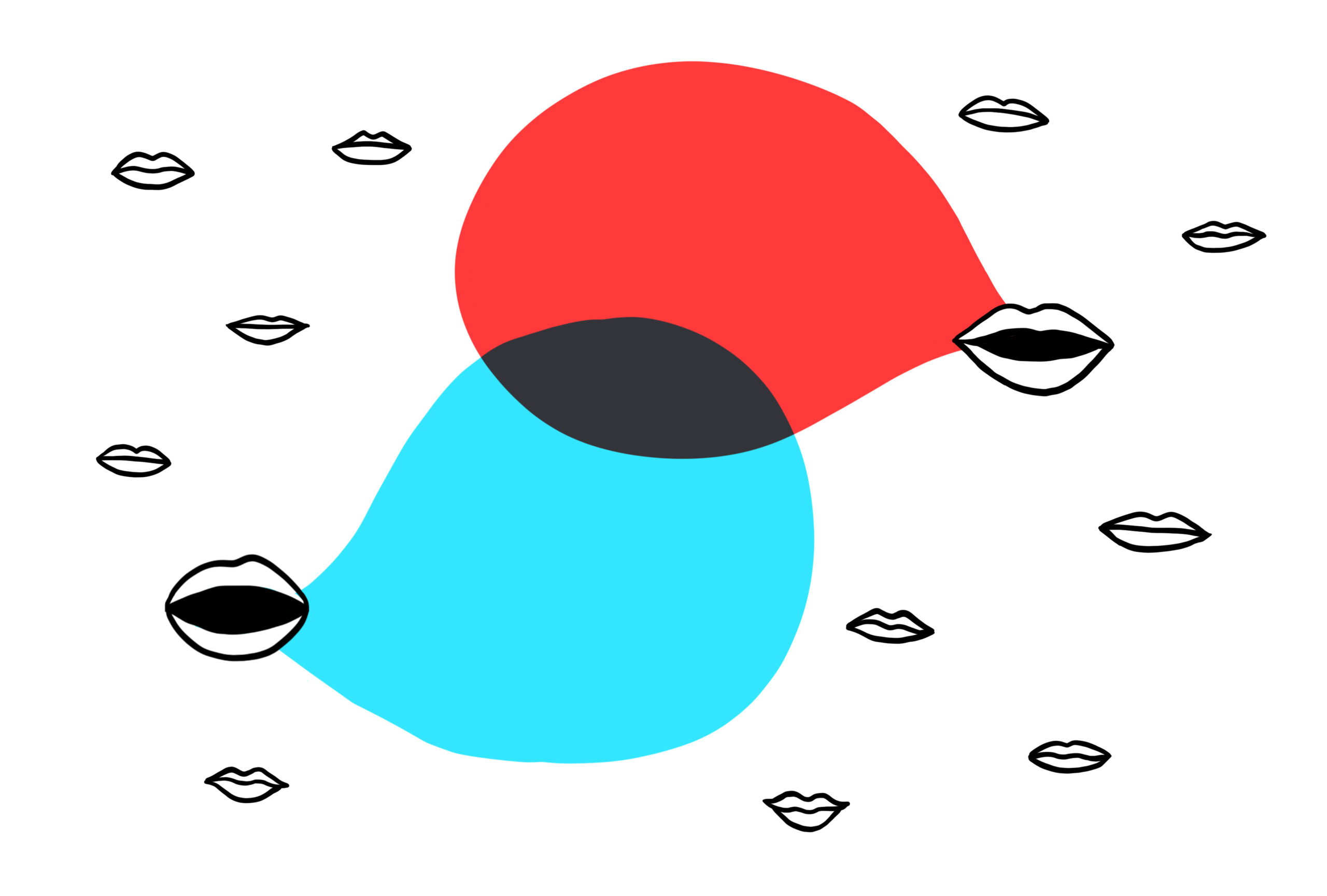Hello, and welcome to the Community Newsletter! I’m your host, Chelsey B. Coombs, Spectrum’s engagement editor.
The research community jumped on a new paper this week that looked at the relationship between autism and the gut microbiome, which some work suggests may be less diverse in autistic people.
A thread from Chloe Yap, a graduate student at the University of Queensland in Australia and study co-investigator, summarized the findings, based on metagenomic data from the stool of autistic children, their non-autistic siblings and unrelated controls.
Our #autism #microbiome paper “Autism-related dietary preferences mediate autism-microbiome associations” is out in @CellCellPress today! https://t.co/ZJpQ2Tkr44 Thread below (1/n) 👇: pic.twitter.com/rK40M018nb
— Chloe Yap (@doyouseewhy) November 11, 2021
The idea that the gut microbiome might affect autism traits has been around for quite some time, and many autistic people and their families have turned to unproven treatments, such as probiotics and fecal transplants, in a bid to ease those traits. But the new study shows, as Kevin Mitchell, associate professor of genetics and neuroscience at Trinity College Dublin in Ireland, said in a tweet, that the “arrow of causation goes the other way.”
Autism-related dietary preferences mediate autism-gut microbiome associations https://t.co/icHxGArJb2 – important study refuting naive idea that gut microbiome somehow causes autism – arrow of causation goes the other way pic.twitter.com/iaFRmtlNFk
— Kevin Mitchell (@WiringTheBrain) November 11, 2021
Behaviors common in autistic people, such as restricted interests and sensory preferences, track with reduced dietary and microbiome diversity, the study shows — and it appears to debunk research in mouse models that suggest the relationship goes the other way.
It’s important to support autistic people and their families when it comes to diet, Yap tweeted, and to tell them that “microbiome ‘therapies’ for autism may do more harm than good.”
Takeaways:
1. Clarity and guidance to families: microbiome “therapies” for autism should be viewed with caution. They might do more harm than good.
2. Shift the spotlight: the clinical importance of diet for children on the spectrum. We need to support families at mealtimes.— Chloe Yap (@doyouseewhy) November 11, 2021
German Bonilla Rosso, junior lecturer in fundamental microbiology at the University of Lausanne in Switzerland, tweeted that the study shows that there should be more big-data studies in microbiome research.
That's why we need better "big data" studies with proper experimental designs and statistical analyses… big publications in microbiome research turned to be response to a ghost variable. Like Pseudomonas nitrates and migraine. https://t.co/UaYhAVH5S3
— German Boro (@Ge_BoRo) November 13, 2021
Alain Dagher, associate professor of psychology at McGill University in Montreal, Canada, connected the findings in autism to potential associations among food choice, obesity and Parkinson’s disease.
This is a real tour-de-force! Food choice could also account for microbiome associations in obesity and Parkinson's Disease. https://t.co/dgEO70e6am
— Alain Dagher (@alain_dagher) November 12, 2021
Also this week, scientists took to Twitter to hail a resource that may prove incredibly helpful for autism researchers: A single-cell atlas of chromatin accessibility in people. The chromatin complex helps to coil DNA so that it fits compactly into cells; changes in its structure make genes accessible or not and are linked to neurodevelopmental conditions, such as autism.
The researchers used an assay called sci-ATAC-seq to determine how accessible chromatin is on a single-cell level in 30 adult human tissue types and combined those data with previous data from 15 fetal human tissue types to create the atlas.
Many researchers tweeted praise of the paper, including Lucas Schirmer, assistant professor of neurobiology and neuroinflammation at the University of Heidelberg in Germany, and Hina Chaudhry, professor of medicine and cardiology at Mount Sinai Hospital in New York City.
Fantastic resource: A single-cell atlas of chromatin accessibility in the human genome https://t.co/PmpzMtDftp
— Lucas Schirmer (@schirmerlab) November 14, 2021
What a tour de force @sanginair @bingyanw https://t.co/64kkusjWTw
— Hina Chaudhry, MD (@Hinaheartdoc) November 13, 2021
Neelroop Parikshak, clinical fellow of neurology at the University of California, San Francisco, tweeted about how fast the data from single-cell genomics are growing.
For the past few years, the data in single cell genomics leapfrogs the data from the prior year in scale and utility! https://t.co/cMyitivRQP
— n-lr-p (@neelroop) November 13, 2021
Davi Sidarta-Oliveira, a graduate student at the University of Campinas in Brazil, tweeted, “Just imagine how exponentially larger and deeper our knowledge of life will grow in the next 10 years.”
I'm always in constant awe of what the single-cell age represents from our species perspective.
Just imagine how exponentially larger and deeper our knowledge of life will grow in the next 10 years. https://t.co/Xt2J1zOuyv
— Davi Sidarta-Oliveira, MD, PhD (@davisidarta) November 12, 2021
Register for the 29 November Spectrum webinar, featuring Ari Ne’eman, a doctoral student in health policy at Harvard University and president and co-founder of the Autistic Self Advocacy Network. Ne’eman will speak about ways to assess clinical progress in autistic people that don’t also promote that they ‘pass’ as non-autistic.
That’s it for this week’s Community Newsletter! If you have any suggestions for interesting social posts you saw in the autism research sphere, send me an email at [email protected].





